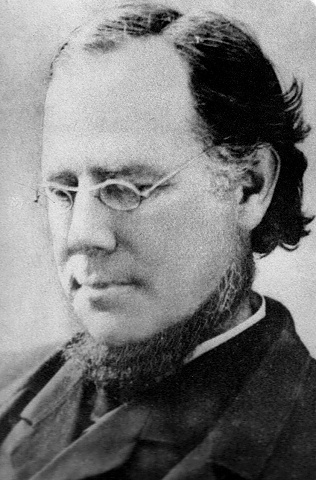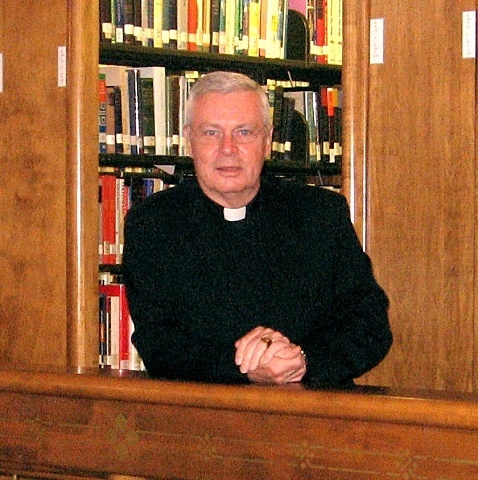December 17, 2013
The following are unpublished thoughts of Servant of God Isaac Hecker. This text is drawn from Hecker’s personal papers under the title, “Notes on the Spiritual Life.” It was written in July 1860, just before the election of Abraham Lincoln and the coming of the Civil War. These reflections are drawn from his personal notes and contain a great deal of practical advice on developing the spiritual dimension of your life. He begins by talking about finding God in the very nature of the work you do.

Calvinistic views have crept into asceticism and exaggerate human depravity. Renounce the world! Abandon your reason! Uproot your passions! Our Lord does not tell us to close our eyes to the beauty of the world rather he invites us to the contrary. “Behold the lilies of the field.” God does not despise what He created. True devotion does not despise the beauties of nature. The object of asceticism is not the destruction of our nature but the restitution of its relationship to all things.
There are persons who imagine that you cannot have holiness without destroying something, whether it is the impulses, instincts, the propensities of our nature. Someone cannot be a saint unless they neither eat or drink or sleep or shut their eyes to the beauty and the glories of God’s creation.
It is true that these practices may be found among the lives of the saints, but these are exceptions. Sanctity by no means requires these extraordinary things and many of the saints who did these were the most natural people in the world. You will not find a soul more alive to the beauties of nature than St. Francis of Assisi who like the psalmist, composed a song calling on all nature to praise and bless its maker; who called on the elements of nature in affectionate terms such as brother and sister, and when near death sent to a message to a lady in Rome to make him some cakes as she had when he visited her home.

Servant of God Isaac Hecker challenged the influence of Calvinism in American thought, for it was a dominant element in the Protestant Christianity of his time. For Hecker, human rights derived from the idea that people were basically good and would grow to be even better through the exercise of freedom. Yet John Calvin held that humankind was depraved and sinful. Father Hecker taught that in Catholic thought people were considered good; for they had been born again in Baptism and made new. Unlike Calvin, Baptism was open to all in Catholic thought and therefore made Catholicism a better choice to be the principal religion of the American people. People were free because they were basically good and their goodness grew in the exercise of their freedom. This was both American and Catholic.
In this Christmas season we celebrate the good news that God had become human in Jesus Christ so that humankind could be like God. This message of Christmas is at the heart of the Catholic faith and at the heart of Catholic spirituality. Father Hecker reminds us in today’s reflection that holiness is found all around us; for grace is present in the things that God has made. God has made us and we can find in ourselves that same grace present in creation. God does not seek to destroy our nature but to restore it. Let us take this message of Christmas into the New Year.
About this series
Father Paul Robichaud, CSP, is historian of the Paulist Fathers and postulator of the Cause of Father Hecker. Publishing and disseminating the writing of Servant of God Isaac Hecker is the work of the Office for Hecker’s Cause. If you have asked Father Hecker to pray for you or another person who is ill, and you believe something miraculous has happened, please phone Father Robichaud at 202-269-2538.
If you would like to contribute to Father Hecker’s cause for canonization, please click here.